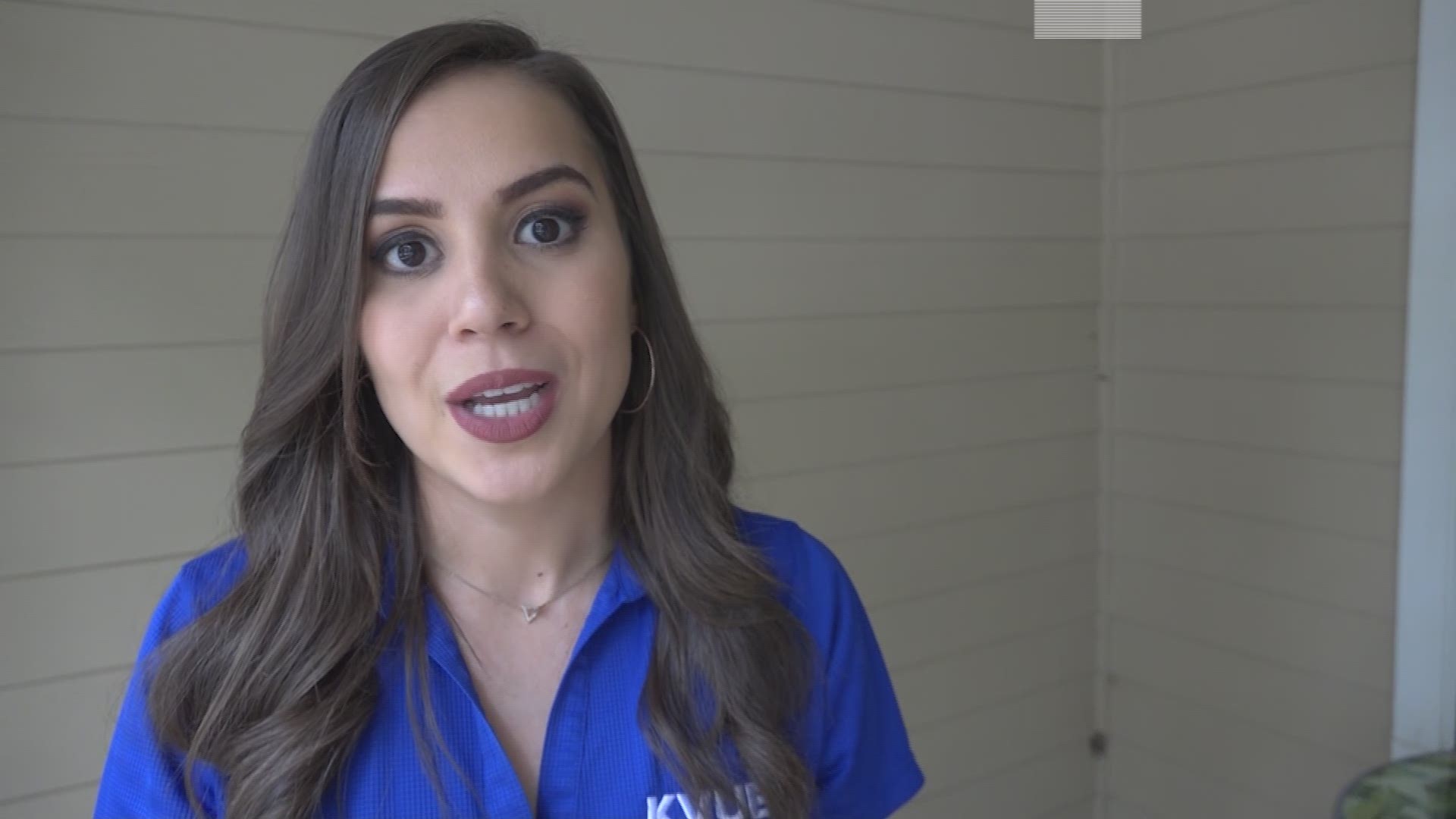AUSTIN, Texas — As the number of coronavirus cases continue to rise, so do the number of recoveries. Worldwide, nearly 209,000 people have recovered from COVID-19. Nearly 9,000 of those people are here in the United States.
Doctors don't want you to panic if you test positive, but they do want you to remember it's important to follow rules.
"If you test positive for COVID-19, or if you have the symptoms of COVID-19 and you don't have a test available to you, you should assume you have it," said Dr. Payal Kohli, an internationally known cardiologist. "Eighty percent of people who test positive are going to be able to be managed at home and are probably going to have either no symptoms or mild symptoms."
In Hays County, 10 people recovered from coronavirus and in Williamson County, there were 19 recoveries. There are recoveries in Travis County too, but Austin Public Health is still working on releasing those numbers.
"The next step is to really isolate yourself within your home. If you're living in a home that has many people in it, you want to have a dedicated bedroom and a dedicated bathroom that no one else is using," said Kohli.
You'll be isolated for 14 days and Dr. Kohli said if you live with a roommate or family, make sure you have a designated caregiver to help get you what you need. She said make sure you both have on masks or gloves if you have to be in the same room.
RELATED:
"Anything that goes out of your room, whether that's dishes or bedding, laundry, anything like that, should be handled with gloves by your caregiver and washed right away," said Kohli. "They should be sure to also wash the hamper and any other container that may be holding your laundry or wipe it down, if it's made out of plastic. So whoever's taking care of it just has to be real mindful that they don't infect themselves."
After those two weeks of self-isolation, Dr. Kohli said you can be around people again, but still follow social distancing guidelines.
There's a medical debate on whether or not you can take ibuprofen to lessen your fever, but the FDA, CDC and World Health Organization haven't found evidence to back that theory.
"What I tend to tell my patients is that if you have a fever, start with Tylenol because that's usually a safer medication anyway. If you think you need to use ibuprofen, maybe give a call to your doctor and make sure that they're OK with it," said Kohli.
RELATED:
Kohli said studies coming out of China said even after somebody recovers and their symptoms are gone, it's possible they may have viral fragments present in their respiratory secretions.
"The importance of this is a little bit unknown at this time because we don't know if this means that they're infectious or just that they have leftover viral particles in some of their secretions from their illness," said Kohli. "But usually, if you isolate yourself for about 14 days from the onset of symptoms from the day that you first started having symptoms, that's usually pretty safe in terms of your friends and family members."
She said in an ideal world, after self-isolation, doctors would want to give people a test to make sure they test negative. But with limited testing available, the guidance is 14 days and nothing less than that.
"This doesn't mean you should stop doing social distancing, because that social distancing behavior, it's still going to be really important in preventing the spread of this virus," said Kohli.
As far as doctors know, once you recovered from the coronavirus you won't get it again.
"Having said that, if it starts to behave like the flu, where it becomes cyclical and you can get it again in other seasons, that happens because either the virus mutates and changes, or because your immune system kind of 'forgets' how to fight it, and your immunity wanes over time," said Kohli.
PEOPLE ARE ALSO READING:

